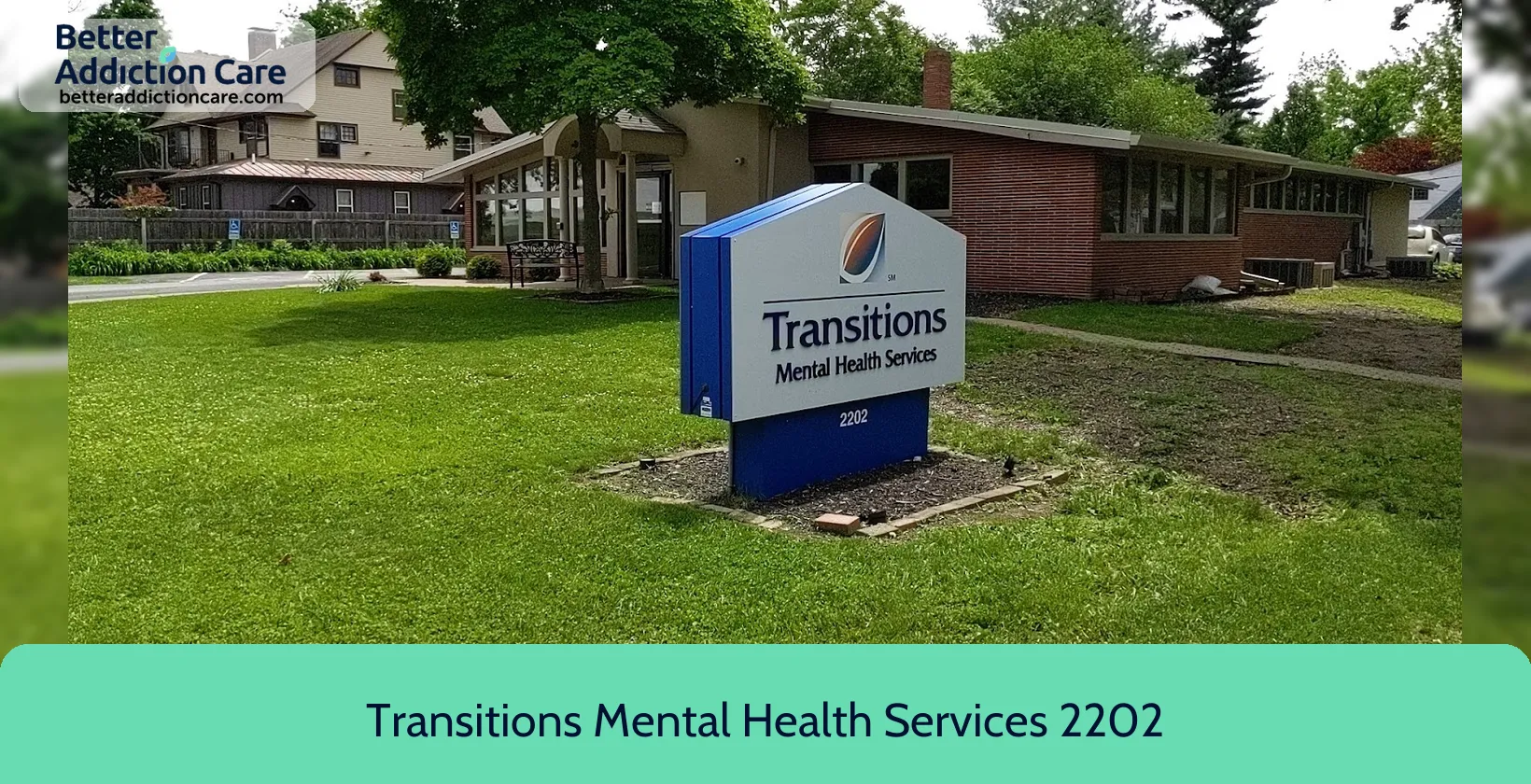Center for Alcohol and Drug Services - Rock Island Adult Outpatient
Overview
The Rock Island Adult Outpatient Center for Alcohol and Drug Services, situated in Rock Island, Illinois, provides a diverse array of services to assist individuals in their recovery from substance use disorders.
Flexible access to care is made possible by the facility's operation from 8:00 AM to 9:00 PM on Mondays through Thursdays and from 8:00 AM to 5:00 PM on Fridays.
One of the services provided is adult outpatient treatment, which offers structured counseling and therapy to assist individuals in recovering from alcohol and drug addiction while maintaining their daily routines. Another service is adult outpatient methadone treatment, which provides medication-assisted treatment for opioid addiction by combining methadone therapy with counseling to manage withdrawal symptoms and cravings.
Other services that are provided include evaluation services, which involve comprehensive assessments to determine the most suitable treatment plan for the individual's requirements.
Center for Alcohol and Drug Services - Rock Island Adult Outpatient at a Glance
Payment Options
- Cash or self-payment
- Medicaid
- Medicare
- State-financed health insurance plan other than Medicaid
- Private health insurance
Assessments
- Comprehensive substance use assessment
- Interim services for clients
- Screening for substance use
- Complete medical history/physical exam
Age Groups
- Young adults
- Adults
- Seniors
Ancillary Services
- Case management service
Highlights About Center for Alcohol and Drug Services - Rock Island Adult Outpatient
6.96/10
With an overall rating of 6.96/10, this facility has following balanced range of services. Alcohol Rehabilitation: 8.00/10, Drug Rehab and Detox: 6.62/10, Insurance and Payments: 6.00/10, Treatment Options: 7.21/10.-
Alcohol Rehabilitation 8.00
-
Treatment Options 7.21
-
Drug Rehab and Detox 6.62
-
Insurance and Payments 6.00
Accreditations
Commission on Accreditation of Rehabilitation Facilities (CARF):

Established in 1966, the non-profit organization known as the Commission on Accreditation of Rehabilitation Facilities (CARF) has a dedicated focus on accrediting rehabilitation organizations. CARF's primary mission is to assist service providers, particularly rehabilitation facilities, in upholding and promoting the highest standards of care.
SAMHSA certification for opioid treatment program (OTP):
SAMHSA's Opioid Treatment Programs (OTPs) accreditation is a rigorous recognition process that signifies an OTP's commitment to providing high-quality care for individuals dealing with opioid use disorders. It assures patients, families, and the community that the program adheres to evidence-based practices, employs qualified staff, and maintains a safe treatment environment. This accreditation is a symbol of quality and accountability, offering confidence in the program's ability to support individuals on their path to recovery from opioid addiction.
Drug Enforcement Agency (DEA):
DEA accreditation refers to the process by which a law enforcement agency is recognized by the Drug Enforcement Agency (DEA) as having met specific training, operational, and resource requirements necessary to participate in DEA-led drug enforcement efforts. This accreditation allows the agency to perform DEA-related tasks such as conducting investigations, executing federal search warrants, and participating in joint task forces.
Treatment At Center for Alcohol and Drug Services - Rock Island Adult Outpatient
Treatment Conditions
- Alcoholism
- Substance use treatment
Care Levels
- Outpatient
- Outpatient methadone/buprenorphine or naltrexone treatment
- Intensive outpatient treatment
- Regular outpatient treatment
- Aftercare
Treatment Modalities
- Telemedicine/telehealth therapy
- Substance use disorder counseling
- Group counseling
- Family counseling
- 12-step facilitation
Ancillary Services
Languages
- Sign language services for the deaf and hard of hearing
Additional Services
- Pharmacotherapies administered during treatment
- Housing services
- Breathalyzer or blood alcohol testing
Get Help Now
Common Questions About Center for Alcohol and Drug Services - Rock Island Adult Outpatient
Contact Information
Other Facilities in Rock Island

6.59

6.50

6.62

6.97
DISCLAIMER: The facility name, logo and brand are the property and registered trademarks of Robert Young Mental Health Center, and are being used for identification and informational purposes only. Use of these names, logos and brands shall not imply endorsement. BetterAddictionCare.com is not affiliated with or sponsored by Robert Young Mental Health Center.

